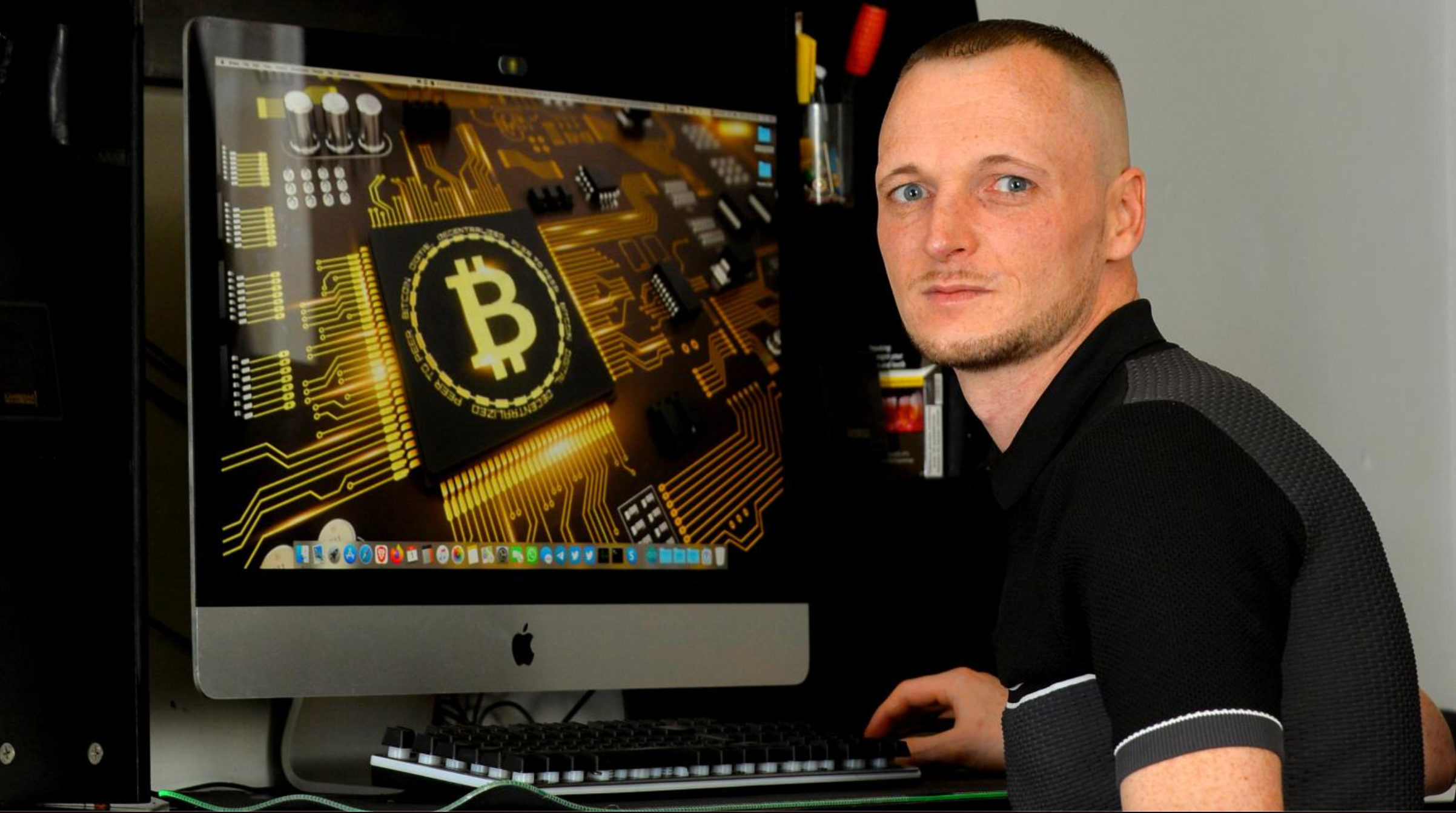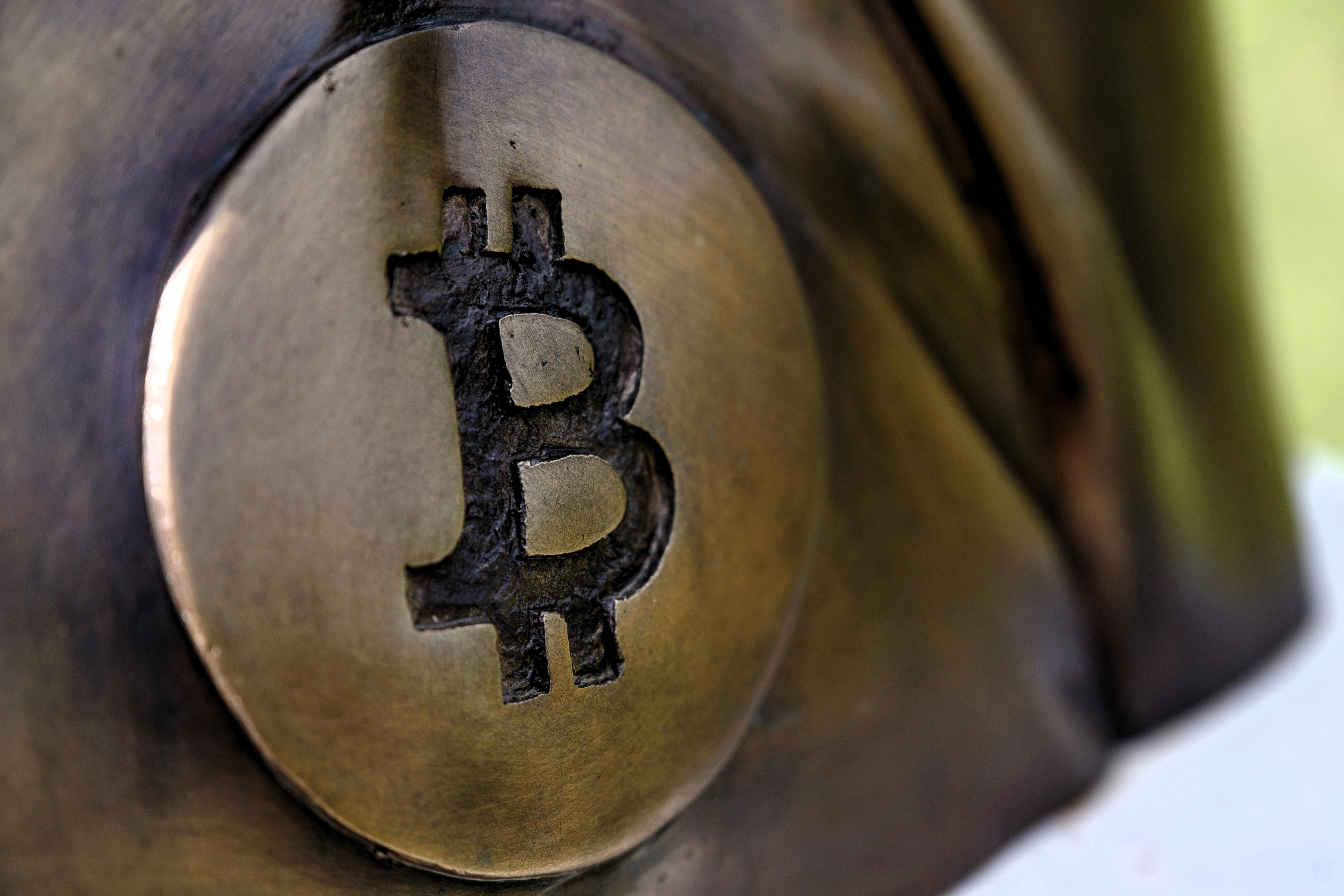Man wants to buy landfill he believes his lost bitcoin is buried in
Your support helps us to tell the story
From reproductive rights to climate change to Big Tech, The Independent is on the ground when the story is developing. Whether it’s investigating the financials of Elon Musk’s pro-Trump PAC or producing our latest documentary, ‘The A Word’, which shines a light on the American women fighting for reproductive rights, we know how important it is to parse out the facts from the messaging.
At such a critical moment in US history, we need reporters on the ground. Your donation allows us to keep sending journalists to speak to both sides of the story.
The Independent is trusted by Americans across the entire political spectrum. And unlike many other quality news outlets, we choose not to lock Americans out of our reporting and analysis with paywalls. We believe quality journalism should be available to everyone, paid for by those who can afford it.
Your support makes all the difference.
A computer engineer who believes his Bitcoin hard drive worth nearly £600m is buried in a landfill is now considering buying the entire site to find it.
James Howells says his former partner had mistakenly dumped the hard drive in 2013, only for it to increase in value to be now worth an estimated £598m.
He has battled for a decade to recover the cryptocurrency from the landfill in Newport, Wales. But last month a High Court judge threw out his case against the local council to allow him to access the site or receive £495m in compensation.
The council has since announced plans to close the tip in the 2025-26 financial year and turn the site into a solar farm on the land to power the council’s new bin lorries.
But Mr Howells, 39, has said he would be interested in purchasing the site instead in the hopes that he can finally locate his missing hard drive,
“The council planning on closing the landfill so soon is quite a surprise, especially since it claimed at the High Court that closing the landfill to allow me to search would have a huge detrimental impact on the people of Newport, whilst at the same time they were planning to close the landfill anyway,” he told the BBC.

He added: “I would be potentially interested in purchasing the landfill site. I have discussed this option recently with investment partners and it is very much on the table.”
Bitcoin is a form of cryptocurrency, meaning it is completely virtual with no physical notes or coins. It can be used online to buy products and is kept in a digital wallet, with a number of shops and countries banning its use.
Mr Howells first began using Bitcoin during the late noughties shortly after its instigation and forgot about it when it was thrown out to the landfill.

However, in 2024 the value of the cryptocurrency rose by more than 80 per cent in 2024 and Mr Howells assembled a team of experts to attempt to locate the missing file.
He took legal action against Newport City Council with the backing of an American hedge fund, after repeatedly being refused access to excavate the area.
While the landfill in Newport in Wales holds more than 1.4 million tonnes of waste, Mr Howells said he had narrowed the Bitcoin wallet’s location to an area of 100,000 tonnes.
Despite this, the local council asked a High Court judge to strike out his legal action to access the site or receive £495m in compensation, arguing that it had now become its property when it entered the rubbish tip.
Judge Keyser KC said that there was “no realistic prospect” of the case succeeding at trial, and ruled that there were “no reasonable grounds” for bringing the claim.